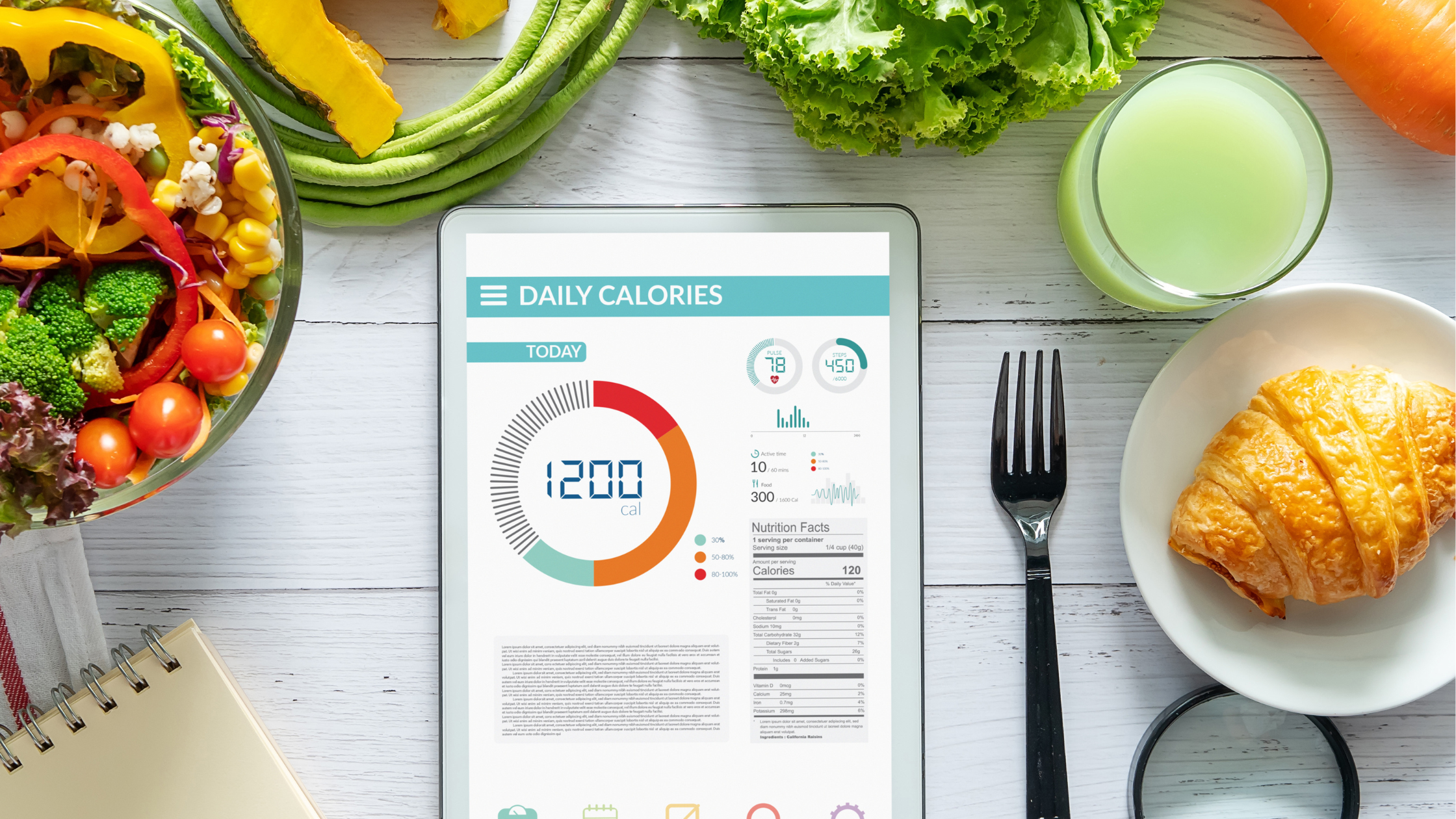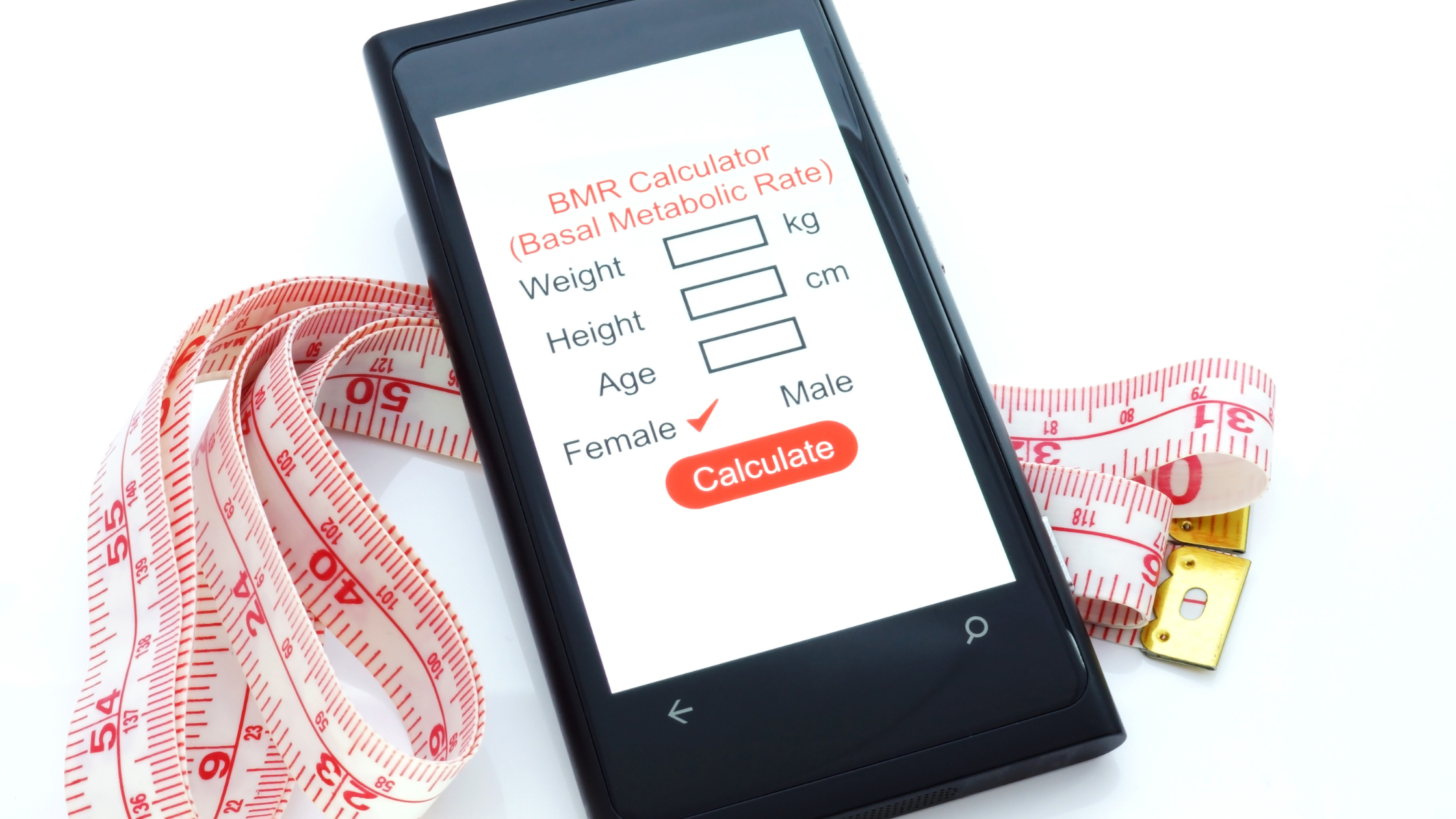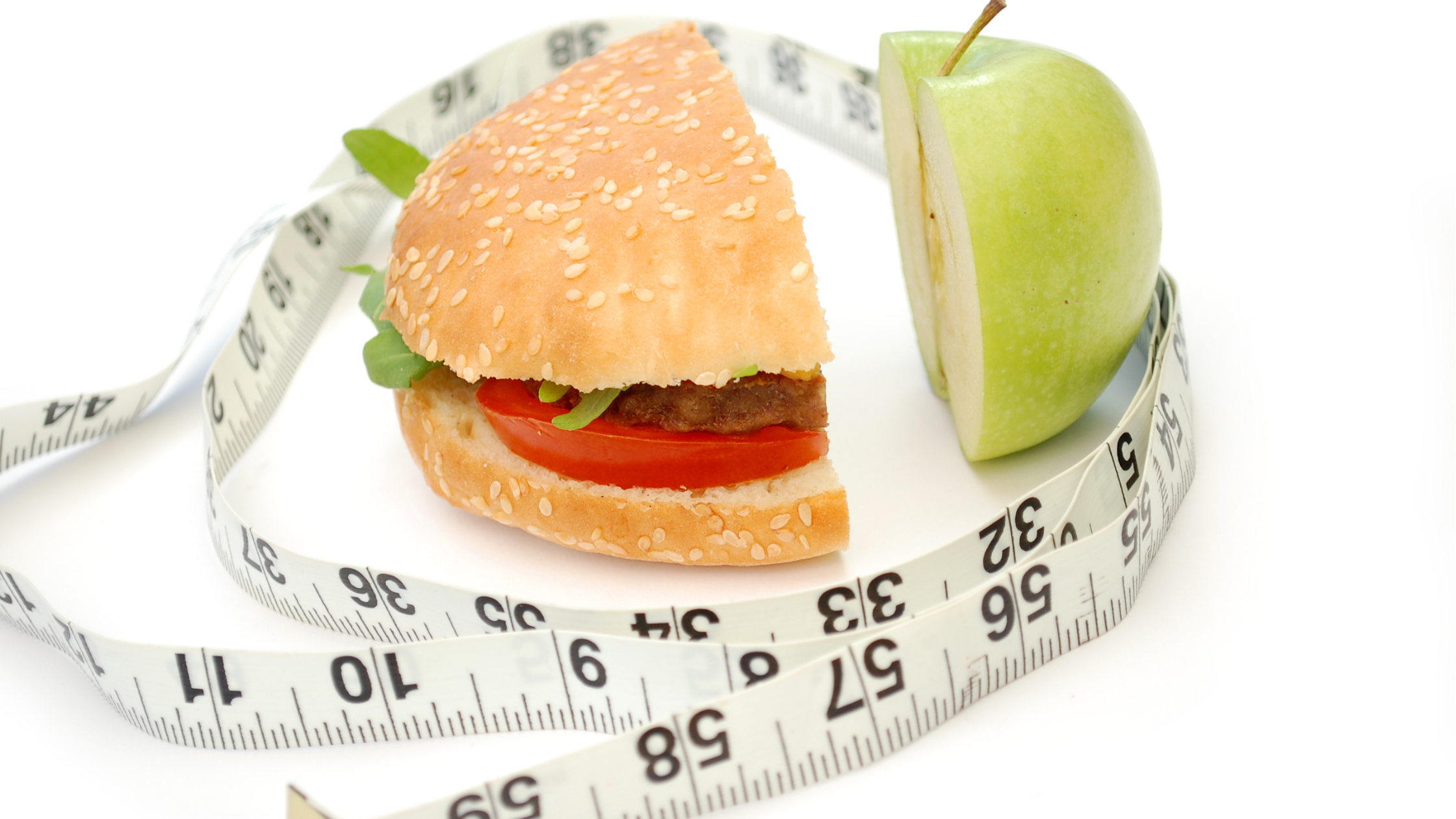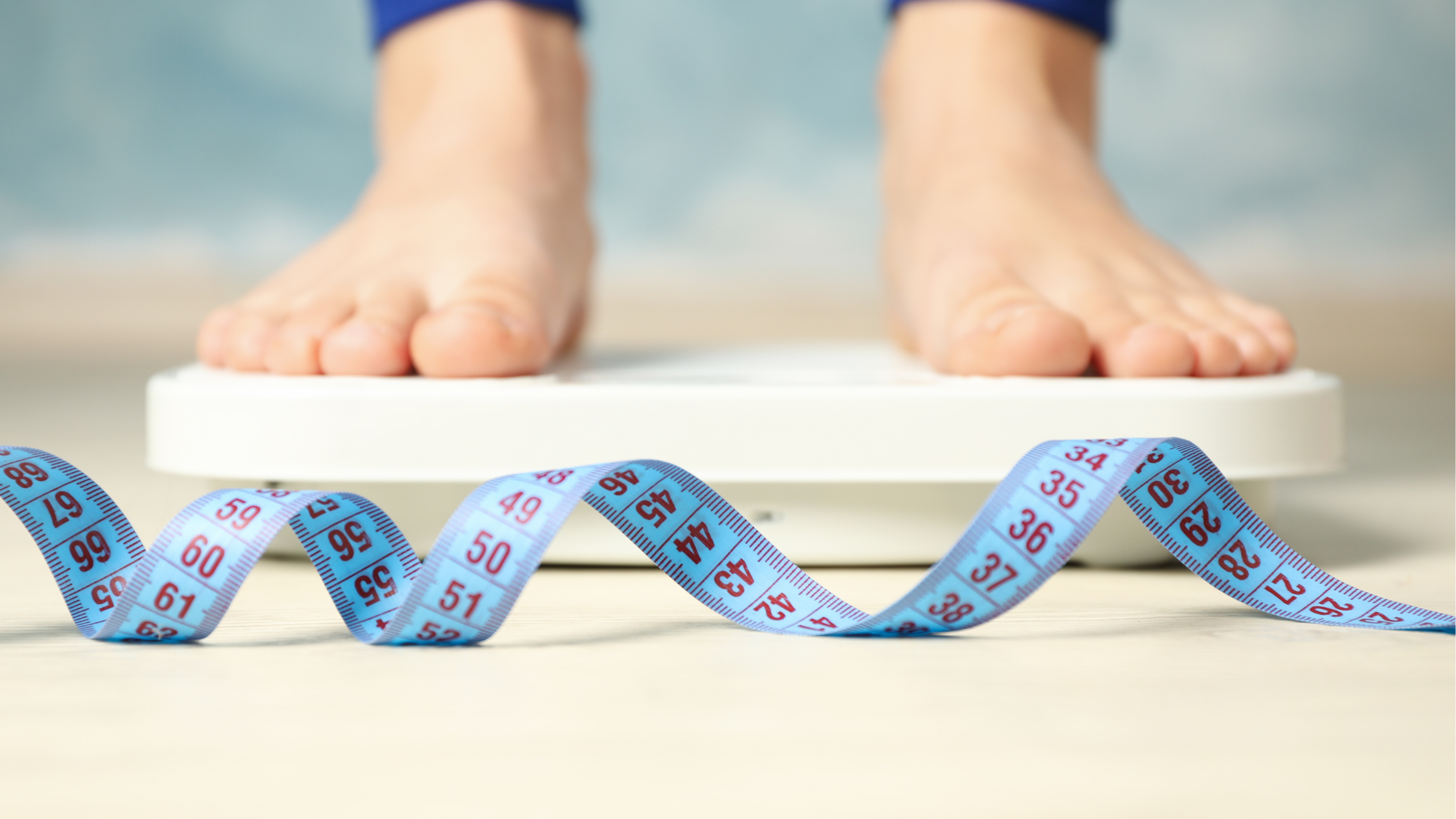How to Lose 1 Pound of Weight (and Why It’s a Struggle)
Written by TYE Medical on Oct 23rd 2024
Regardless of the type of diet, traditional or fad, you only lose weight following it if you are burning more calories than you’re consuming. Whether it’s bariatric surgery or weight loss medication, these methods ultimately work because they help you reduce your calorie intake below what you need to maintain your current weight. If you’re willing to do a little math, you can make calorie-counting work for you. But realize that there are limitations and challenges with this approach. We will first look at what it takes to lose 1 pound of fat and how to tackle the challenge for your specific body.
How Many Calories Must Be Burned to Lose a Pound?

The newest weight loss medications like Ozempic and Wegovy affect your brain and gut, helping you to feel less hungry. This means you’ll eat fewer calories and lose weight. In essence, these drugs are helping you accomplish the very same thing as traditional, calorie-counting “diets” or weight loss methods.
Until more recently, it was widely accepted that you needed to burn 3,500 more calories in a week than you ate. That translates to eating 500 fewer calories per day. Period. End of story. This was the formula.
Although this can work and does work for some people, it’s not a golden ticket. It doesn’t work for everyone in the same way. Yes, a calorie deficit is necessary, but it might need to be larger than 500 calories per day. This formula doesn’t translate for everyone. Most people lose noticeably less weight than predicted when they follow a 3,500 calorie deficit diet. It’s more effective for those who are moderately overweight to obese.
If you’re just trying to lose those last 10-15 pounds, it may not be so simple as eating 500 fewer calories each day. The problem is that your body may begin to burn fewer calories in response to the dropping weight. It is a slowing of your basal metabolic rate (BMR), which is the amount of energy your body needs while resting. It’s your resting metabolic rate. In essence, your body can start to fight weight loss and compensate by slowing your metabolism.
When your BMR drops, the only way to continue losing weight is to eat even fewer calories. You may need a deficit of more than 500 calories per day, which means eating even less or exercising more. When you’re in this situation, a 3,500-calorie deficit isn’t enough to melt the next 1 pound.
Using a BMR Calculator to Help with Weight Loss

If you want to lose weight by counting calories, you first need to estimate how many calories you burn daily, which is the amount of energy you use on a typical day. You can use a metabolic rate calculator to determine your basal metabolic rate (BMR). Your BMR is how much energy you burn each day just to maintain basic bodily functions.
BMR is calculated using your sex, age, height, weight multiplied by an activity factor (or how much you move daily). This gives you an estimate of how many calories you burn in 24 hours, and therefore how many calories you need to eat to maintain your weight. For example, an adult woman typically uses about 1,600-2,400 calories daily, while an adult man usually uses around 2,000-3,000. It’s your age, body size, body composition, and activity level that ultimately determine how many calories you burn daily.
Once you calculate your BMR, you will know how many calories to consume each day to lose weight. If you want to lose a pound a week, you’ll need to subtract 500 calories from your daily BMR. As long as you eat 500 fewer calories or burn them off with exercise, you can maintain this calorie deficit and lose weight.
But this is the old way of thinking. You probably won’t drop that pound in a week playing by these calorie rules. Don’t expect to drop that full pound in a week. However, knowing your BMR is still very helpful. Here's what to know.
Why Calorie Counting Doesn’t Always Work As Expected

In short, your body wants to keep things as they are. This is known as homeostasis. Your body is constantly wanting to return to this familiar state. It’s as if your body is actively fighting against losing weight. Your metabolism will continue to adapt and slow to avoid shedding pounds. This means your BMR can change dramatically when you’re “dieting” or restricting calories for weight loss. As this happens, a BMI calculator isn’t very reliable. It doesn’t account for the adjustments dieting triggers. So it appears that you should be losing weight as you stick to your calorie deficit, but you don’t see the results. At this point, it’s time to increase your calorie deficit above 500.
Even more challenging is that you also get hungrier as pounds melt away. Calorie counting doesn’t alleviate this problem, but it can help you hold your ground against temptation. When you see that you’ve reached your calorie limit, it can help you say “no” to eating more.
Once you calculate your BMR and determine your calorie baseline, you’ll need to continue by trial and error. If you’re losing weight for a while with a 500-calorie deficit, but it hit a wall, then try increasing your deficit by 100 or 200 calories. Consider a BMR calculation as a starting point. It’s not everything.
Maintaining Weight Loss: How Fast Is Too Fast?

The larger your calorie deficit, the more quickly you can lose weight. You may assume that it’s best to begin with the biggest deficit you can manage. But most experts agree that losing more than 1 to 2 pounds per week makes your weight loss more difficult to maintain. Fast weight loss is characteristic of crash diets, which usually don’t lead to long-term success.
Losing more than two pounds per week also means you’re likely lacking in vitamins and minerals because you’ve cut calories, reducing your food intake to unhealthy levels. Commercial diet plans that trigger rapid weight loss typically leave you deficit in B vitamins, vitamin D, vitamin E, selenium, and zinc. Some weight loss medications like Ozempic also lead to nutrient deficiencies.
If you’re living according to a large calorie-deficit eating plan, it’s important that you work with a doctor or nutritionist to ensure you’re getting the nutrients you need. Regardless of the number of calories you’re consuming, it’s the quality of calories that matter and help you maintain health and nutrition.
Remember to Include Exercise to Drop Unwanted Pounds

It often takes more than dieting to achieve your weight loss goals. It’s important to also increase movement, usually this is in the form of intentional exercise. Diet or exercise only make you less likely to sustain weight loss. But in combination, you have a greater chance of success in keeping off the weight.
While burning calories through exercise can be more difficult than eating less, you gain numerous health benefits from incorporating exercise into your weight loss plan. If you’re taking weight loss medications, exercise will benefit your overall health, even if it’s not necessary for keeping off the weight.
Achieve Your Calorie Deficit with These Diet and Exercise Tips

Track Your Calories with an App or Journal
You’ll find a plethora of smartphone apps to help you look up, count, and track calories for everything you consume. Many of them allow you to scan the barcode on packaged foods or ingredients to automatically log calories. You can also search foods manually to determine calories and then capture them in the app. Some apps, like Fitbit, also track your movement and calories burned, displaying your current calorie deficit. It essentially does the math for you, moment by moment.
Vary Your Workouts
Plan a mix of strength training and cardiovascular workouts. Both contribute to weight loss in different ways.
Strength training, like weight lifting, can stimulate your metabolism and keep it from slowing as you drop pounds. Also, increasing your muscle mass means burning more calories even when your body is at rest. Your weight loss will be more efficient as you build muscle mass. The greater your muscle mass the more calories you’ll burn. The goal is to build lean muscle while burning fat.
Although cardiovascular exercise doesn’t seem to raise BMR like strength training, it burns more calories on the spot than strength building workouts. And the health benefits of cardio are numerous.
Make Protein a Priority
Prioritize protein for weight loss. Eating more than the recommended daily amount helps you lose more fat and retain muscle mass. Studies recommend eating nearly double the daily value of protein if strength training for weight loss. Protein also helps you feel fuller longer. Eating more protein helps you eat less overall, consuming fewer calories.
Losing 1 Pound Per Week Is Doable If Sometimes Difficult

A calorie deficit is necessary to lose weight, but it’s more than just a numbers game. Counting calories is more than math. You must also consider the specific reactions of your own body and how it functions. If you find that the traditional 500-calorie deficit is no longer working (or has never worked) you can adjust the deficit, enlarging it to accommodate your body’s needs. You can also use strength training to overcome your body’s natural resistance to shedding pounds.


